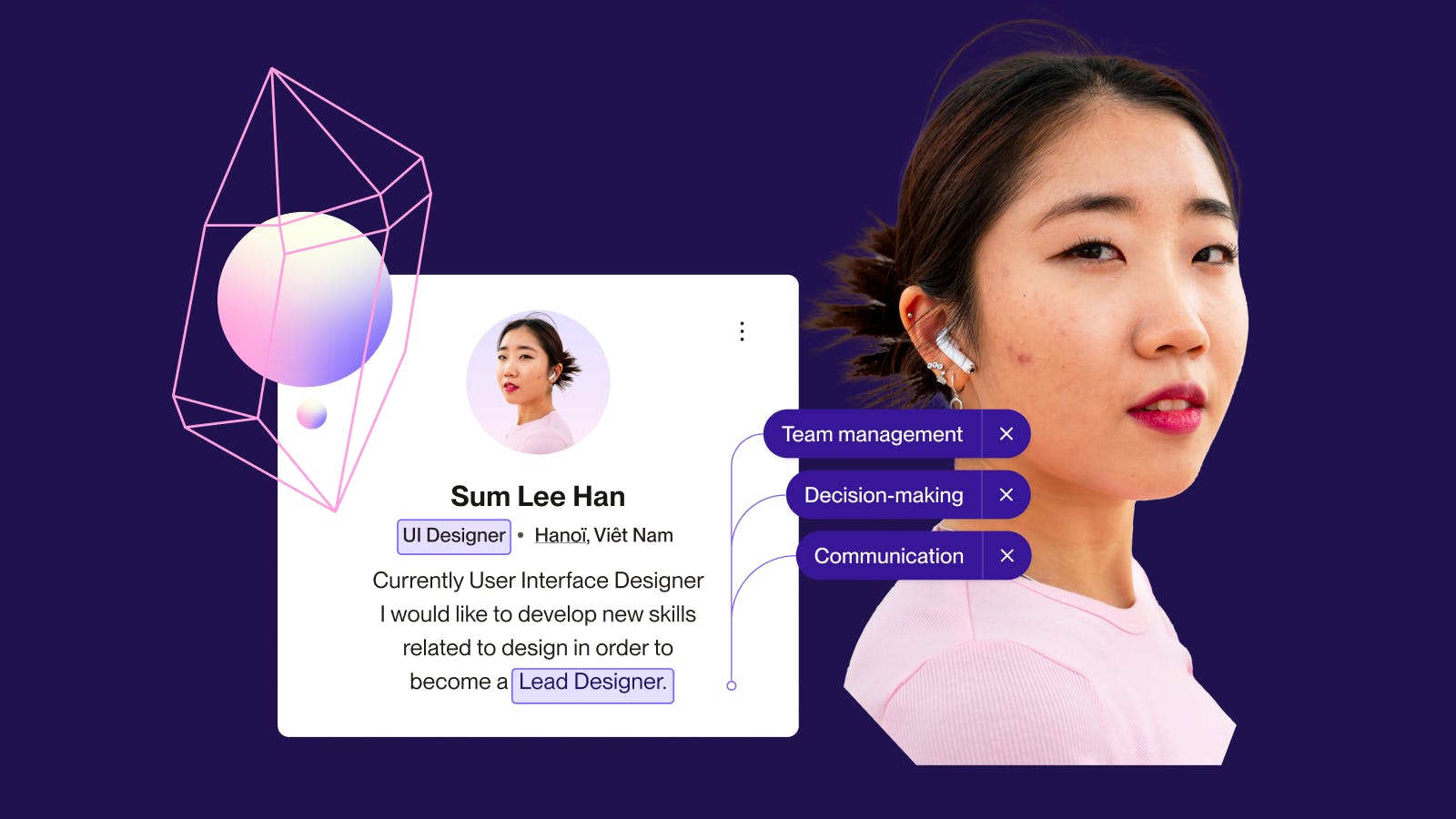How talent experience will look like in 2025

As we look ahead to 2025, the landscape of talent experience is set to undergo significant transformations, with managers playing a crucial role in shaping these changes. The evolving dynamics between employers and employees drive new approaches to talent management and workplace experiences.
The rise of personalized Talent Experiences
In 2025, talent experiences will become increasingly personalized and data-driven. Organizations will leverage advanced analytics and AI to create tailored employee development paths, allowing companies to better understand individual needs, aspirations, and potential, leading to more targeted training and growth opportunities.
Customized Learning and Development
Managers will have access to sophisticated tools that provide insights into their team members' skills and career goals. This will enable them to craft personalized learning experiences that align with individual aspirations and organizational objectives, focusing on continuous skill development while emphasizing hard and soft skills to prepare employees for future challenges.
Hyper-personalization through the entire employee experience
Hyper-personalization refers to leveraging advanced technologies, like artificial intelligence, machine learning and data analytics, to tailor the employee experience (EX) at an individual level. This approach goes beyond traditional personalization by using real-time data and predictive analytics to meet the specific needs, preferences, and aspirations of each employee.
Hyper-personalization enhances employee engagement, improves retention, boosts productivity, uncovers diversity, equity and inclusion for career paths, and strengthens organizational agility. The question is, how?
In the employee experience, hyper-personalization involves several key elements that use AI and data-driven insights to tailor interactions and opportunities at an individual level:
- Skills-driven career pathing helps employees visualize personalized growth opportunities by analyzing their skill sets and potential, while adaptive learning platforms recommend training aligned with their unique aspirations and gaps.
- Customized workflows and tools optimize productivity by aligning with individual work styles.
- Well-being programs are tailored to address specific needs, such as flexible schedules or mental health resources.
- AI-powered recognition and rewards systems ensure that appreciation resonates personally with each employee, whether through monetary incentives, career advancement, or public acknowledgment.
Together, these elements create an experience that feels uniquely relevant and empowering for each employee, making them essential for tackling 2025’s HR challenges.
AI-powered recruitment and onboarding
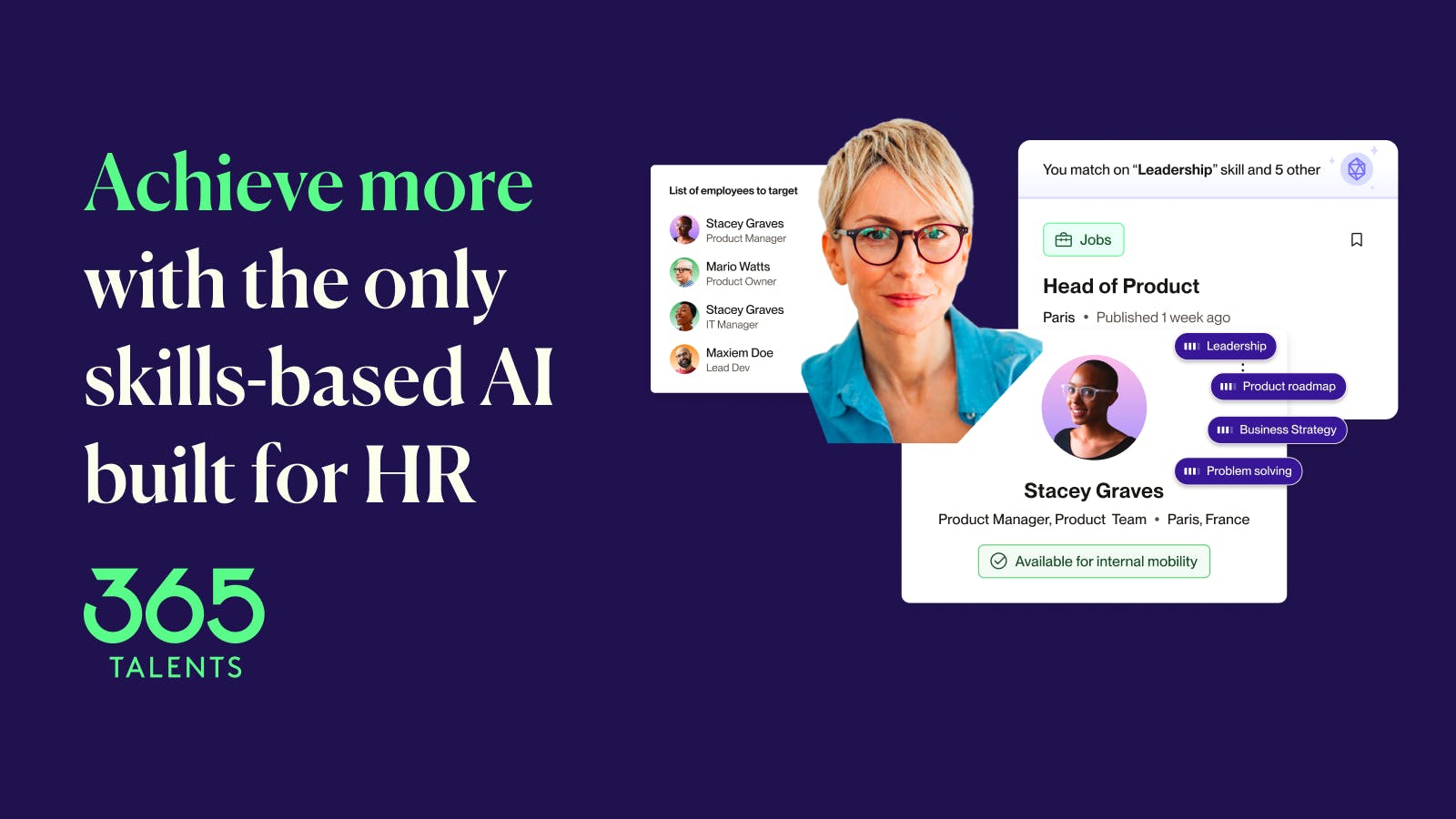
Artificial intelligence can significantly transform the recruitment process, making it more efficient and effective. AI-driven tools will help managers:
- Accurately screen and match candidates to open positions
- Conduct initial interviews through chatbots
- Provide personalized onboarding experiences
Advanced candidate sourcing
AI-powered tools can significantly enhance the candidate sourcing process:
Platforms use AI to access a vast pool of candidates, including those with specialized technical backgrounds. These tools can analyze data from multiple sources across the web, identifying potential candidates who may not be actively job-seeking.
AI algorithms can precisely match candidate profiles to job descriptions, ensuring a better fit between applicants and roles.
Intelligent screening and shortlisting
AI can streamline the initial stages of recruitment:
- Resume screening and analyzing will become more sophisticated, with AI enabling the extraction of core competencies, industry experience, and educational background.
- Platforms use AI matching engines to rank applicants based on relevance to the role, looking beyond just keywords.
- AI-powered chatbots can conduct initial candidate screenings through automated conversations.
AI-assisted interviews
AI can enhance the interview process:
Some tools offer AI-powered video interview analysis, providing insights into candidates' skills and personality traits, generating tailored interview questions based on the job requirements and the candidate's profile.
Real-time transcription and analysis of interviews can also help interviewers to identify key points and areas for further exploration.
Personalized candidate experience
AI can enable a more personalized approach to recruitment:
Platforms like HeroHunt.ai use generative AI to create engaging, customized communications with candidates. AI can tailor the application process to individual candidates, providing a more relevant and engaging experience.
Automated Onboarding
The onboarding process can become more efficient and personalized. AI creates customized onboarding plans based on the new hire's role, experience, and learning style while virtual assistants guide new employees through paperwork, company policies, and initial training modules. AI-powered systems can track onboarding progress and provide real-time feedback to HR and managers.
These advancements will streamline the hiring process and ensure a better fit between candidates and roles, leading to improved retention rates.
The importance of employee well-being
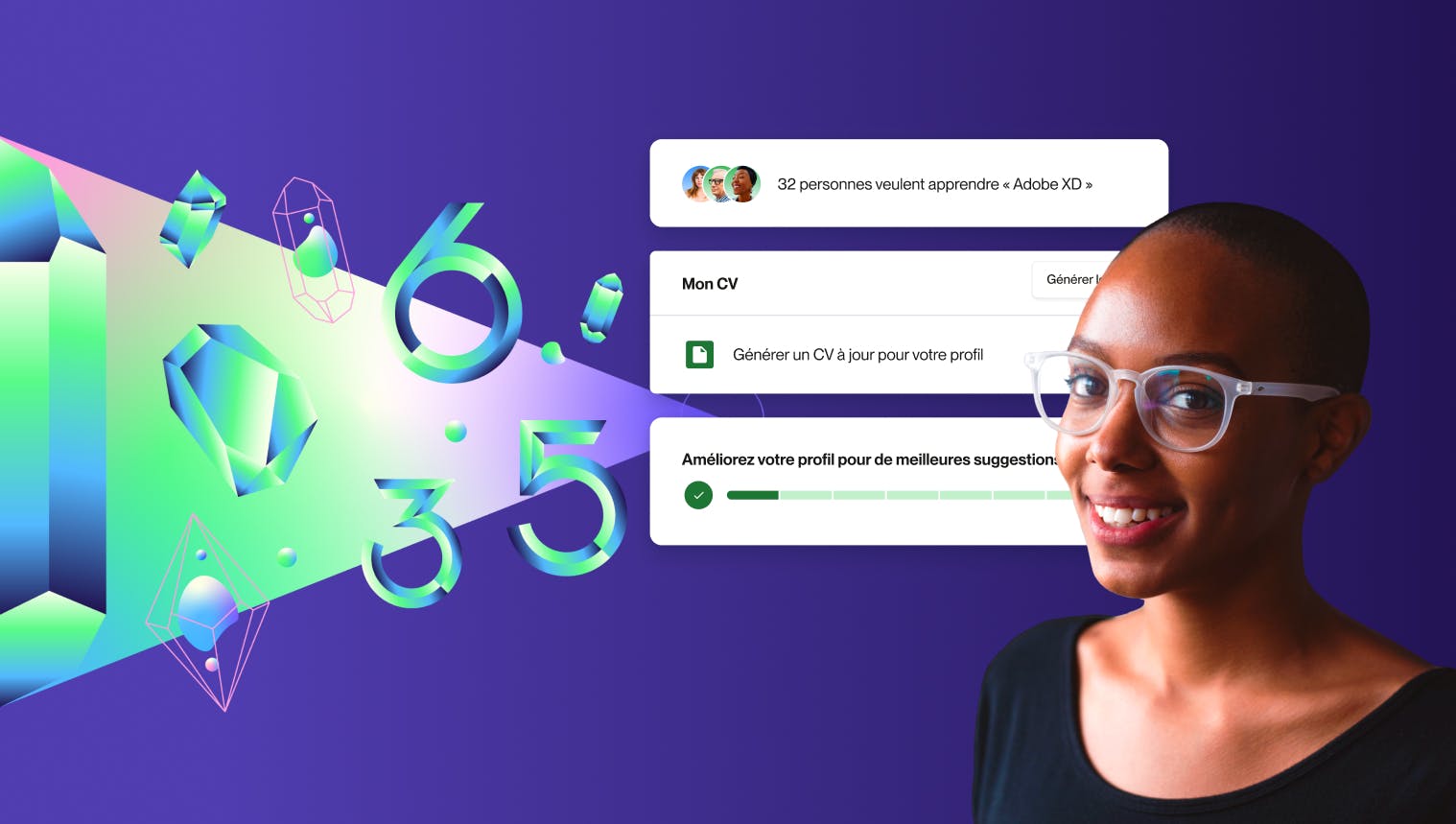
In 2025, managers will emphasize employee well-being as a key component of talent experience. This holistic approach encompasses:
- Mental health support
- Work-life balance initiatives
- Flexible working arrangements
Organizations prioritizing employee well-being will see increased employee engagement, productivity, and loyalty among their workforce.
Trust and transparency as cornerstones
The relationship between managers and employees will be built on trust and transparency. Gen Z, in particular, values honesty and openness from their leaders. Managers who foster a culture of trust by providing clear communication, offering autonomy, and recognizing and rewarding performance, will be more successful in attracting and retaining top talent.
The evolution of leadership skills
To meet the changing expectations of the workforce, managers will need to develop new leadership skills. Key attributes for influential leaders in 2025 will include:
- Emotional intelligence
- Adaptability
- Digital literacy
- Cross-cultural competence
Managers who excel in these areas will be better equipped to navigate the complexities of the modern workplace and inspire their teams.
Emphasis on Diversity, Equity, and Inclusion (DEI)
Talent experience in 2025 will be deeply intertwined with diversity, equity, and inclusion (DEI) initiatives. Managers will play a crucial role in:
- Creating inclusive work environments
- Ensuring fair compensation practices
- Promoting diverse representation at all levels of the organization
Integrating DEI into Core Values
Companies will increasingly make DEI a fundamental part of their core value. This integration will:
- Inform behavior expectations across the organization
- Guide performance management processes
- Shape regular feedback conversations between managers and employees
By embedding DEI into the company's DNA, organizations can create a more inclusive culture from the ground up.
Tackling unconscious bias
Addressing unconscious bias is becoming a key priority for HR leaders and managers. They are employing strategies like:
- Comprehensive training programs to raise awareness
- AI-powered tools that minimize bias in hiring and promotions
- Regular audits to identify and correct systemic biases in company policies
The goal will be to create a workplace that values diversity of thought, background, and experience.
Developing strong anti-discrimination policies
Organizations will go beyond compliance to craft policies that:
- Clearly define what constitutes discrimination in various situations
- Outline specific consequences for discriminatory behavior
- Provide guidelines for inclusive practices in all aspects of work
Creating inclusive spaces
Companies will design workspaces (both physical and virtual) to be more inclusive. This may include:
- Gender-neutral restrooms
- Prayer or meditation rooms
- Quiet areas for those who may be overstimulated
- Virtual spaces promoting inclusivity, such as pronoun usage in communications.
Empowering Employee Resource Groups (ERGs)
ERGs will play a more significant role in shaping company culture and policies. Organizations will:
- Provide ERGs with more resources and support
- Involve ERGs in decision-making processes
- Encourage ERGs to host cultural celebrations and educational initiatives
Driving inclusive Leadership
Leaders will be trained and held accountable for creating inclusive environments by:
- Creating safe spaces for all team members to speak up and be heard
- Actively seeking diverse perspectives in decision-making processes
- Providing equitable opportunities for career advancement
Measuring and reporting DEI progress
Companies will adopt innovatory methods to measure and report on their DEI efforts by:
- Conducting diversity audits to assess representation at all levels
- Lead employee surveys to gauge the sense of belonging and inclusion
- Transparently share DEI metrics with stakeholders
Expanding the definition of diversity
The concept of diversity will broaden to include:
- Neurodiversity
- Socioeconomic status
- Educational paths
- Life experiences
This expanded view will lead to more comprehensive and nuanced DEI strategies. Companies that prioritize this, will attract a wider pool of talent and foster innovation and creativity within their teams.
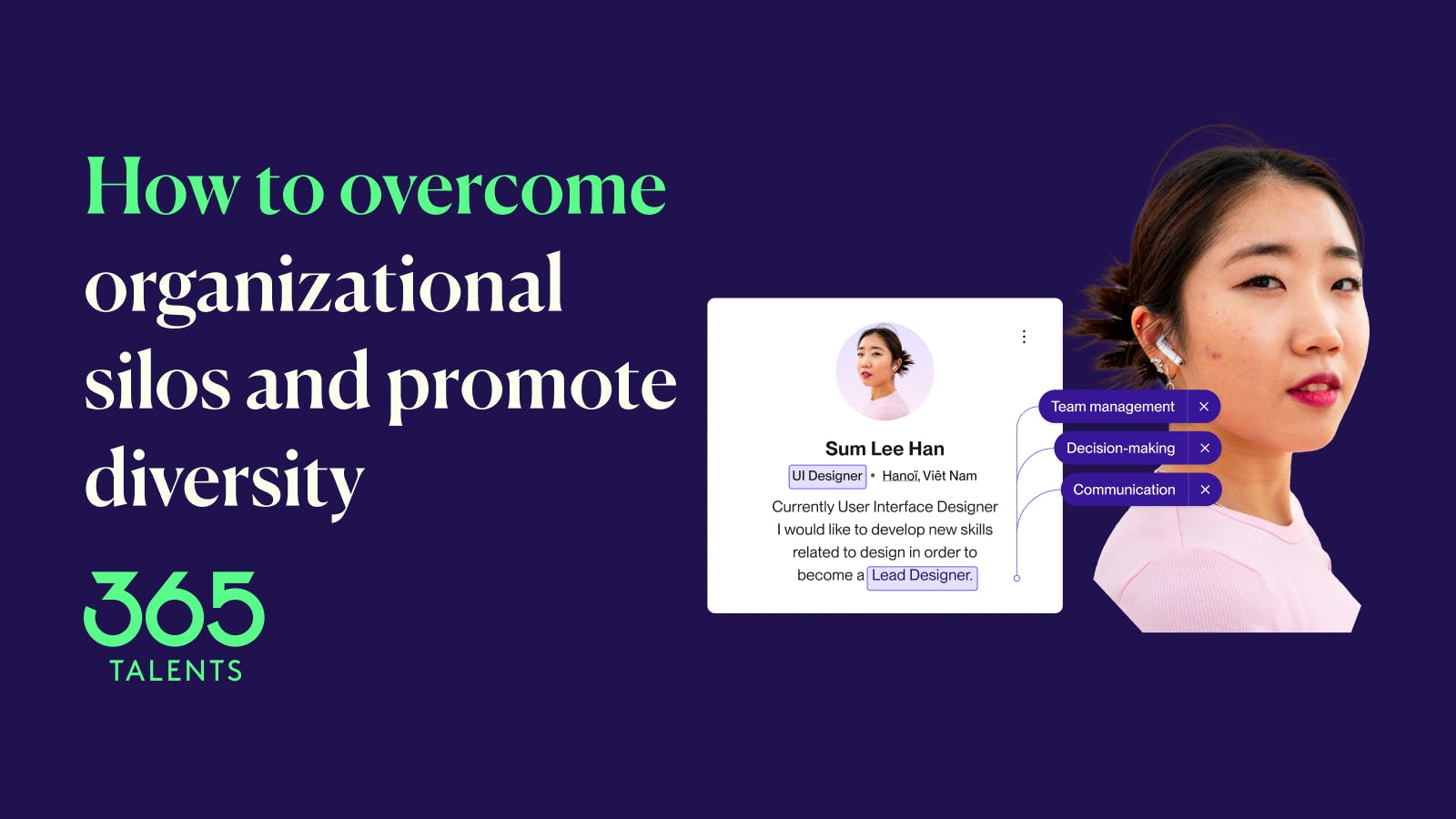
The Gig Economy and flexible workforce
As the gig economy grows, managers must adapt to managing a more flexible and diverse workforce, involving:
- The seamless integration of freelancers and contract workers into teams
- The development of new performance management systems for non-traditional work arrangements
- The guarantee of consistent company culture and values across all types of workers
Rise of non-traditional work arrangements
The gig economy, characterized by short-term contracts, freelance work, and temporary positions, is expected to grow significantly. Managers will increasingly work with freelancers, independent contractors, temporary workers and part-time employees, requiring a new approach to talent management and team integration.
Benefits of a flexible workforce
Organizations embracing flexible workforce models can expect several advantages:
- Access to a broader talent pool
- Ability to quickly scale the workforce up or down
- Reduced overhead costs
- Increased agility in responding to market changes
Challenges for managers
While flexible work arrangements offer benefits, they also present unique challenges:
- Ensuring consistent company culture across all employees
- Developing new performance management systems for non-traditional workers
- Maintaining team cohesion with a mix of full-time and gig workers
- Navigating legal and compliance issues related to different worker classifications
Strategies for success
To effectively manage a flexible workforce, managers should:
- Create clear communication channels for all workers
- Implement cloud-based collaboration tools to facilitate remote work
- Develop standardized onboarding processes for gig workers
- Establish performance metrics that focus on results rather than hours worked
- Foster an inclusive culture that values all contributors, regardless of employment status
Technology and flexible workforce management
Managers are increasingly leveraging technology to navigate the complexities of flexible workforces. Key tools include:
- Workforce management software for precise scheduling and time tracking
- Project management platforms for coordinating tasks across distributed teams
- AI-powered skills matching systems for rapid talent deployment
By embracing these tools and implementing innovative strategies, organizations can harness the power of the gig economy and flexible workforce arrangements to create more dynamic, responsive, and competitive teams ready to thrive in 2025 and beyond.
Talent retention is an ongoing mission requiring sustained effort across several areas of the employee journey. Talent management is crucial for any organization looking to foster engagement, achieve business goals, and develop a skills-based culture.
365Talents
,
The future of Talent Experience with 365Talents skills-driven approach
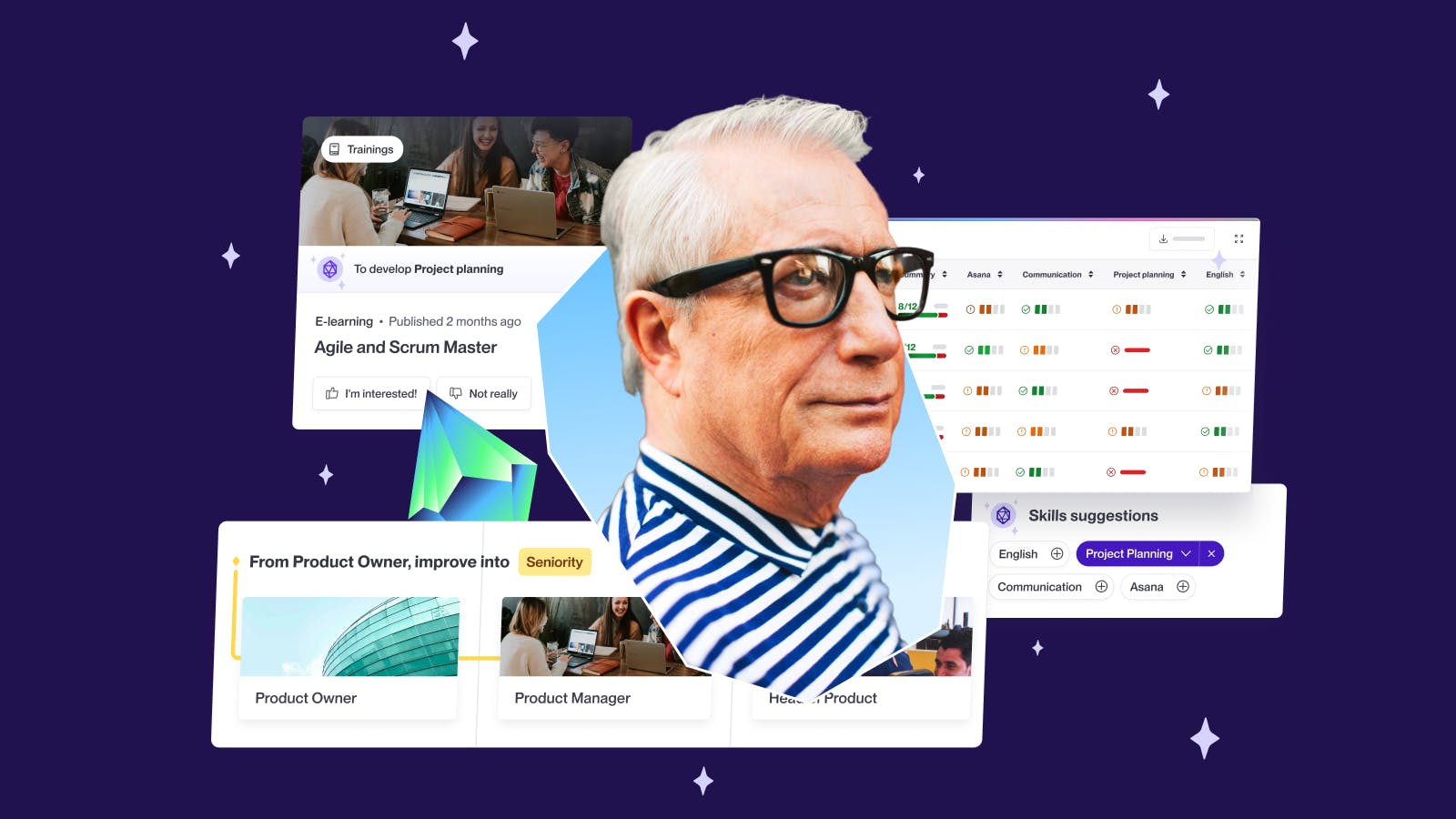
AI-powered skills management
In 2025, talent experiences will be increasingly driven by artificial intelligence and machine learning. 365Talents, a leader in AI-powered skills management, is at the forefront of this revolution. Our platform uses advanced algorithms to:
- Map employee skills in real-time
- Provide personalized career paths
- Uncover hidden talents within the workforce
This approach allows companies to create agile, skills-based organizations that quickly adapt to changing business needs.
Personalized talent experiences
Personalization is at the heart of future-ready talent management, and 365Talents' AI-driven platform delivers tailored solutions for every stakeholder:
- For employees: Curated career development paths and precise opportunity matching
- For HR Leaders: Actionable workforce insights and tools for strategic talent planning.
- For managers: Enhanced understanding of team skills and optimized talent deployment
Focus on internal mobility
Next year, organizations will prioritize internal mobility to retain top talent and address skill gaps. 365Talents' platform accelerates this transformation by:
- Connecting skills to opportunities: Matching employees’ skills with internal job openings and projects.
- Upskilling and reskilling support: Recommending targeted learning resources to build future-ready capabilities.
- Dynamic frameworks: Offering adaptable skill and job architectures to support career growth and organizational agility.
Data-driven talent decisions
HR leaders will increasingly rely on data to make strategic decisions. 365Talents provides comprehensive analytics that helps organizations:
- Identify skill gaps
- Predict future talent needs
- Measure the impact of talent initiatives
Boosted employee engagement
Employee engagement will also remain a top priority in 2025. 365Talents' approach focuses on:
- Empowering employees to own their career development
- Providing visibility into growth opportunities within the organization
- Fostering a culture of continuous learning and development
The 2025 talent experience will emphasize personalization, technology-driven processes, and a strong focus on employee well-being and development. Managers must evolve their skills and approaches to meet these new demands, fostering environments of trust, inclusivity, and continuous growth, while organizations create compelling experiences that attract, retain, and nurture the best talent in an increasingly competitive landscape.
More articles on talent management










